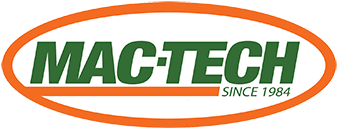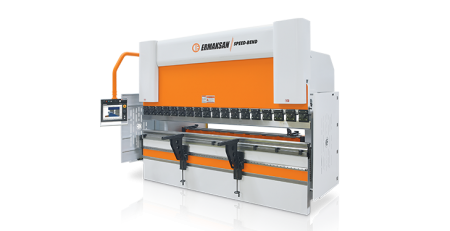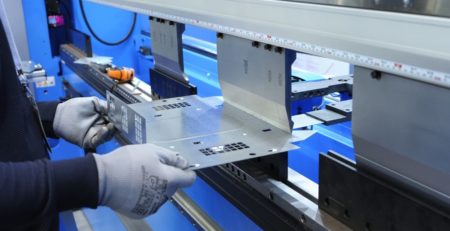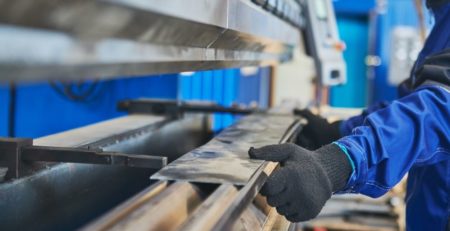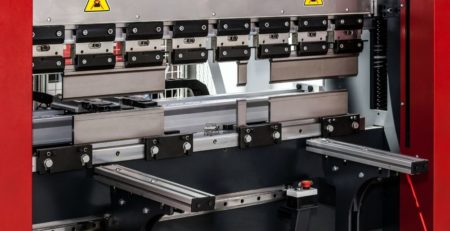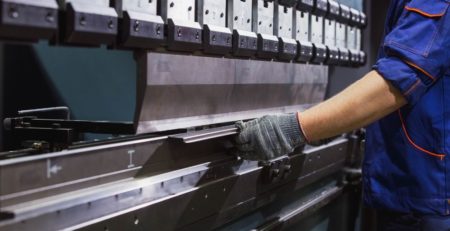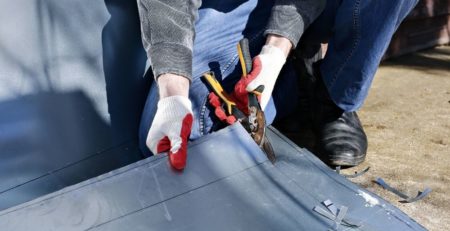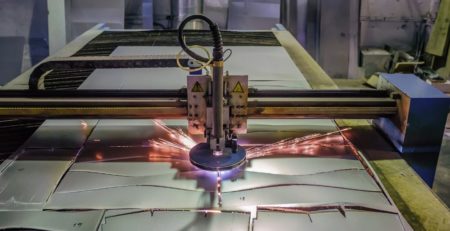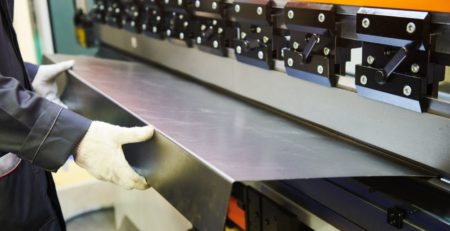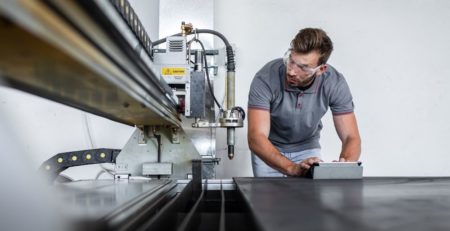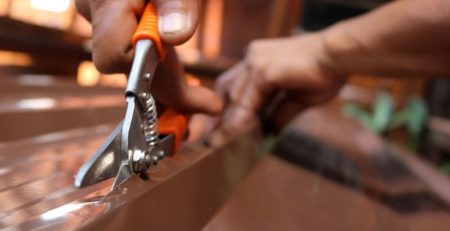Why You Need an Angle Roll Forming Machine in Your Shop
Versatility breeds opportunity in manufacturing and metal fabrication. Shops that can cut, bend, drill, and shape sheet metal, structural steel, stainless steel, and other metals and materials can secure a broader range of contracts to produce components for everything from buildings and bridges to pipes and pillars. Versatility is one of several reasons why you need an angle roll forming machine in your shop.
Efficiency
Angle roll forming machines are efficient because they work without heating metal. You save the cost of the energy it would take to heat metal to make it malleable.
Instead, angle rolling machines feed room temperature metal from a coil or sheet past a series of rollers positioned to guide, pinch, and press the metal, bending it into the desired shape. The metal bends a little more as it passes each roller in the series until the machine achieves the desired shape of the metal.
Flexibility
Most angle roll machines are adjustable and able to accommodate jobs that require a variety of bends at different angles. Some can produce 180˚ bends. Workpieces can pass through the machine multiple times to achieve the desired shape.
Precision
Like most modern metal fabrication machinery, angle roll forming machines incorporate computerized controls. This allows fabricators to achieve a high level of precision in accordance with specifications for metal parts.
Capacity
Large-scale angle rolling machines can shape long pieces of metal that would otherwise require multiple press brakes working together. Different angle roll machines have different tolerances, measured in the amount of pressure they generate and the maximum weight of the material the machine can endure.
Speed
Speed may be another reason you need an angle roll forming machine in your shop. Angle rollers can operate within a typical range of 30 to 600 feet per second. The machines work continuously, working well with flying die-cutting methods. The materials the machines bend exit the machines onto conveyors or tables, from which they move or can be moved to prepare them for delivery.
It’s important to consider the types of metals the machine will bend when selecting an angle roll machine. Some machines work only with softer materials like aluminum and copper, while others are made to cope with steel and iron.
If you think your fabrication operation could benefit from an angle roll forming machine, contact Mac-Tech to discuss your needs. We can help you determine which type of machine may work best for you.
